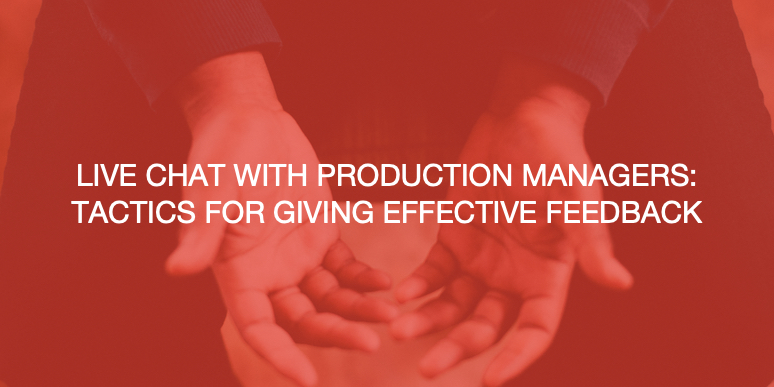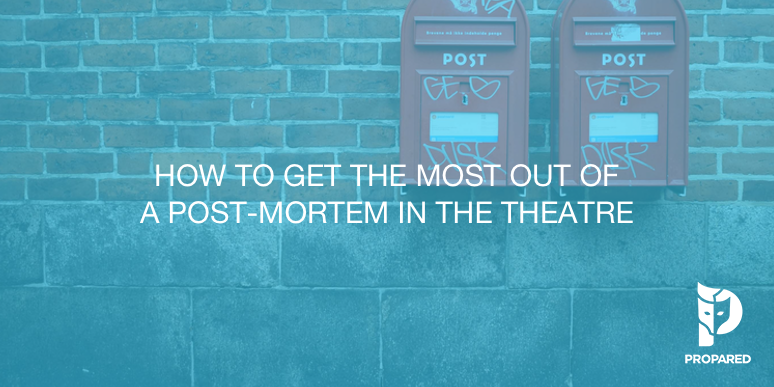
If you’re a professional in the events industry, you’ve probably seen a few contracts in your time. In fact, if you do a lot of freelancing, I’d hazard a guess that you’ve probably seen more than most from accepting new projects to renting equipment, booking venues to buying event software.
How did you feel when you first started? Did those early contracts seem intimidating? Like maybe you were signing away something you shouldn’t? That’s how it felt to me. Contracts were long, complex, and wordy. Way too wordy. What were all those clauses? Why were they important? What was I actually agreeing to do? It was enough to paralyze me at times, maybe even turn down an event or two.
Of course, over the past 15 years (and a detour through business school) I’ve gotten over my suspicions and wariness. And as a business owner, I’ve come to rely on contracts to help grow my event companies. And I do that by subscribing to two basic principles. Hopefully, they take away some of the stigma and make engaging in contracts easier.
1. A Contract Should Be Simple
Leave aside the riders and special instructions for the moment. Every contract needs 3 basic things to be called a contract.
-
Offer
Someone must make a promise to do something or perform a certain action. A client offers you the position of event manager for a corporate function. You in turn offer the event to a venue. Two different offers, both necessary for the respective contracts. If an offer isn’t made, there’s no contract.
-
Consideration
Think of this as the specifics that state, in no uncertain terms, the value to be exchanged for the promised offer or action. As the event manager, what services will you be performing in exchange for the job? Or the other way around: if you are offering your services, the client must provide some sort of value (hint hint: $$) in exchange.
Consideration is vital. It draws the line between a contract and a gift. If an offer is made with no promise of exchange of value, it’s a gift. If you offer to provide lighting and AV equipment for an event with no promise from the client of something in return, there’s no contract.
-
Acceptance
This might seem obvious but Acceptance is actually quite specific. For a contract to be valid (at least in a legal sense), the offer and promised exchange must be agreed to as it is written. Say you have a contract with venue to host a film premiere after party. The contract promises use of the facility from 8 am-11:30 pm but you need an extra 2 hours for load out. The venue manager agrees and promises not to charge extra. But you never amend the contract.
Oops. You might be in trouble if the venue ever decides to enforce certain clauses in the contract, like fees for going over booking times. Sure, a lot of the time handshakes suffice. And it’s a small industry. No one wants to unnecessarily burn any bridges. But that one time in 100…better to be over prepared.
That’s it. Notice that the list above doesn’t mention anything about it needing to be in writing, signed in triplicate, initialed, created by a lawyer, or filled with confusing law speak. And while such additions may be appropriate, even desired, they aren’t technically necessary.
Now, even though a contract doesn’t need to be in writing, it’s good practice to do it. It’s easier to prove if you ever have to go to court. Even when you’re freelancing for those single-day work calls, generate a short email that outlines the Offer and Consideration. Send it to your client and get a written Acceptance in reply. Now you’ve got a contract.
2. There are a Lot of Practical, Useful, Yet Under appreciated Reasons for Having a Contract
As mentioned above, one of the most obvious reasons for having a contract is a legal one. Should a disagreement occur that necessitates a legal battle, you’ll have a chance to recover your fees in court. But court should be a last resort. Over the past 8 years, I’ve generated hundreds of contracts and only been to court once.
What’s more impactful are the effects a well-designed contract can have on your day-to-day business operations.
-
Help you define the scope of your engagement
Contracts act as a statement of work, clearly defining your duties and what you expect in return. I intentionally left out “special instructions” when talking about contract basics above. Here’s where you can bring them back.
-
Raise additional questions
Often, in going through a contract-building exercise, you’ll think of additional questions that need to be answered before pulling the trigger. Better now than mid-project when budgets are set and gear ordered.
-
Set a professional tone
Producing an event is a serious commitment for both you and the client. Everything from basic dollars and cents through a company’s core brand and image might be on the line. Having a contract formalizes the relationship.
-
Prevent confusion and conflict
The last thing you want is to have different expectations from the other side. Especially once it’s crunch time. If you can quickly point to a place in the contract that answers a conflict, you’ll be able to get back to work sooner.
These realizations have given me a much greater appreciation for contracts. Yes, they take up a lot of time and if you’re like me, you’d rather be on-site than hunched over a laptop. But when done right, they make event work much more fun.



